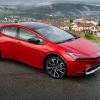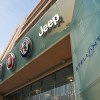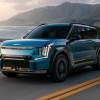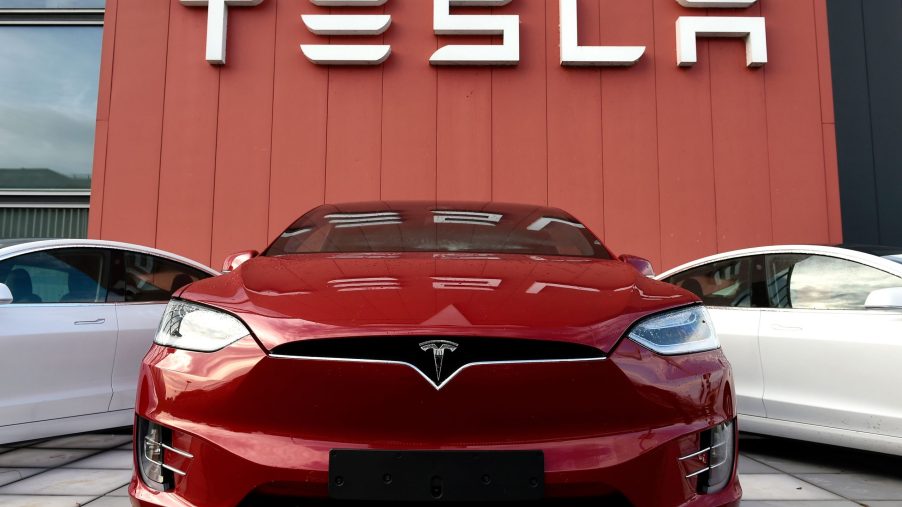
Tesla May Be Popular in America but Struggles in China
Tesla is the talk of the town here in the states, thanks to their charismatic CEO Elon Musk. And over the past seven years, they’ve been turning quite a profit thanks to bitcoin and emissions credits. But breaking into China, home to 44% of the global electric car market, is much more difficult than making an impression here. The Teslas we all know and love aren’t quite as popular, or even as good, across the pond.
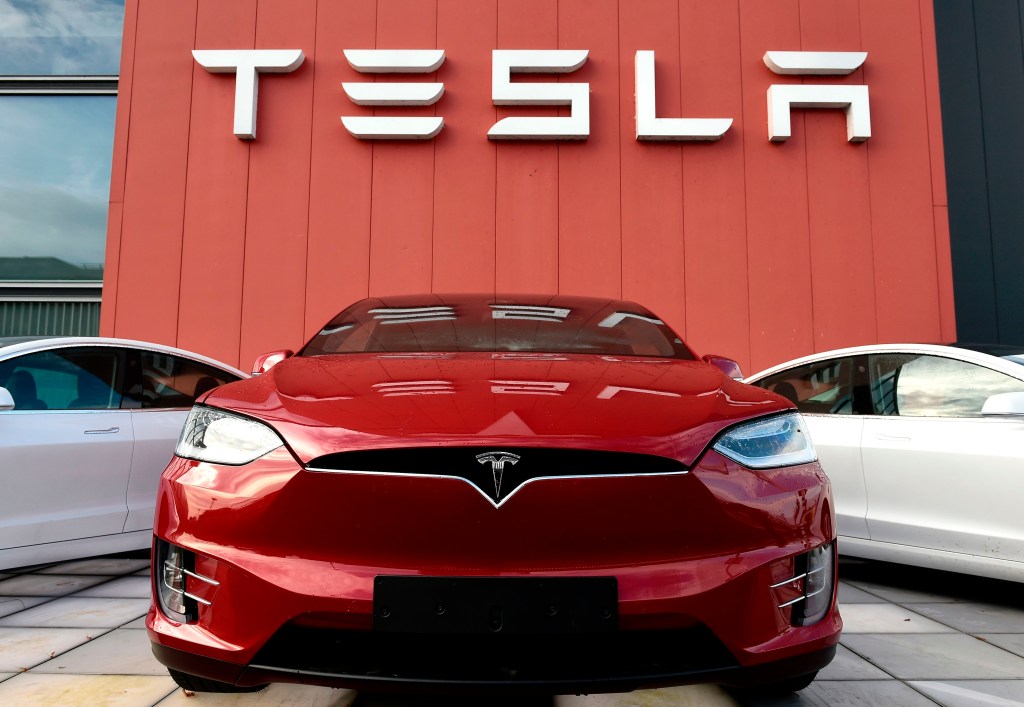
Tesla’s reputation in China isn’t all that great
When Tesla first made the jump to China in 2019, it only took them a year to put the factory together and get cars off the production line. The original goal wasn’t to export the cars from China, as then the company would have to pay hefty tariffs. Instead, these Chinese-built Teslas would only be sold in China. But a CNN report in April of this year claimed that 14,174 Teslas made in China were exported. That’s more than half of the Chinese Teslas made in that period.
There are also complications with Tesla camera systems, which track the driver and monitors the road. Teslas have been banned from Chinese military bases in case these American cars are spying on top-secret operations. While a reasonable concern, since tensions between the US and China have never been higher, Elon himself denied the claim.
But the problem isn’t just interpersonal relations, the cars that come out of Teslas two Chinese factories aren’t always up to par. At the 2021 Shanghai Auto Show, owners showed up and complained about Tesla brakes failing right at their booth. Not only was this a fatal blow for Tesla’s publicity, but it only bolstered Chinese brand EVs, which have stronger roots in China than Tesla ever will.
The electric car competition is much stronger
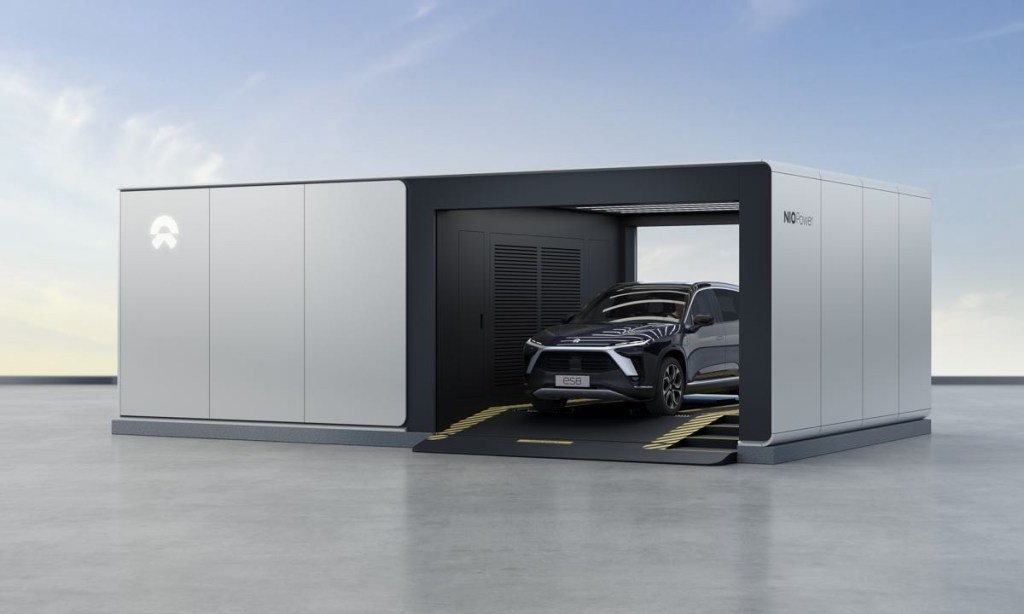
Just like America supports American-made electric cars, China supports Chinese-made electric cars. Tesla’s main competitor, NIO, is publicly traded and incredibly popular. But NIO isn’t just popular because they’re on the home team. Their battery swapping technology allows NIOs to be luxurious, while also being granted tax credits. To understand what I mean, we have to learn about China’s tax incentives.
Just like America, tax incentives are being used to convince consumers to go electric. However, in China, there’s a cap on how much an electric car can cost before those credits are null and void. The logic is that if you can afford an expensive car, you don’t need tax credits. The cap is set at $46,600, but there’s an exception for vehicles using battery swap technologies.
Battery swapping is exactly what it sounds like: a dead battery is swapped for a fresh one. This means NIO can make cars priced lower than Teslas, while still maintaining that level of luxury one would expect. The swaps are also much faster than fully charging a car, taking three to five minutes on average.
Because of this, Tesla can’t jack up the price of their Chinese cars. But because demand is higher in America, or at least they claim it is, Tesla can charge more over here.
Teslas cost more in the states than they do in China
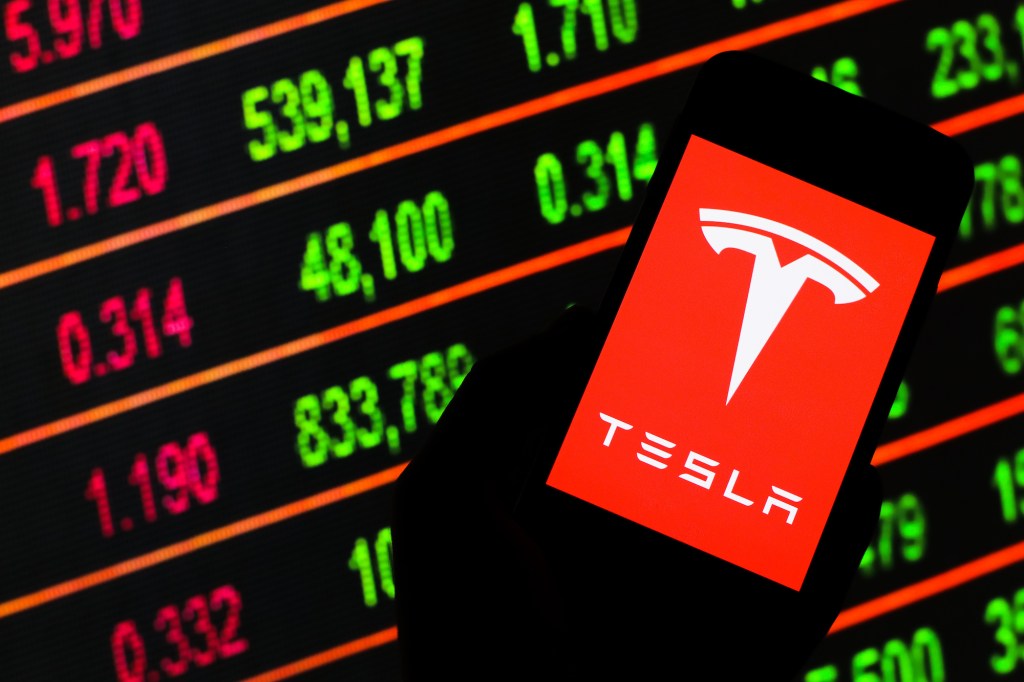
Rather than selling every car for the same amount of money, they’re having America pay more so that China can pay less. Tesla has already won over the American market, so raising the price is a non-issue, and lowering the price in China incentivizes that market to grow as well.
Provided, the price hikes aren’t massive, ranging from $500 to $1000 according to Car and Driver. The issue is that they’re frequent. Buying a Model Y Long Range today costs $53,190, up by about $3000 since February. And it’s the same story for Tesla’s base model, the Model 3, which starts at $41,190. Tesla claims this increase in price has to do with supply chain issues, as the chip shortage is taking a toll on some automakers more than others.
But because the price of Teslas sold in China hasn’t changed. In fact, Teslas are three times more expensive anywhere else than they are in China just so the company can keep up. And according to WHBL, the price of Chinese Teslas will likely be lower than any other Tesla for the foreseeable future.
